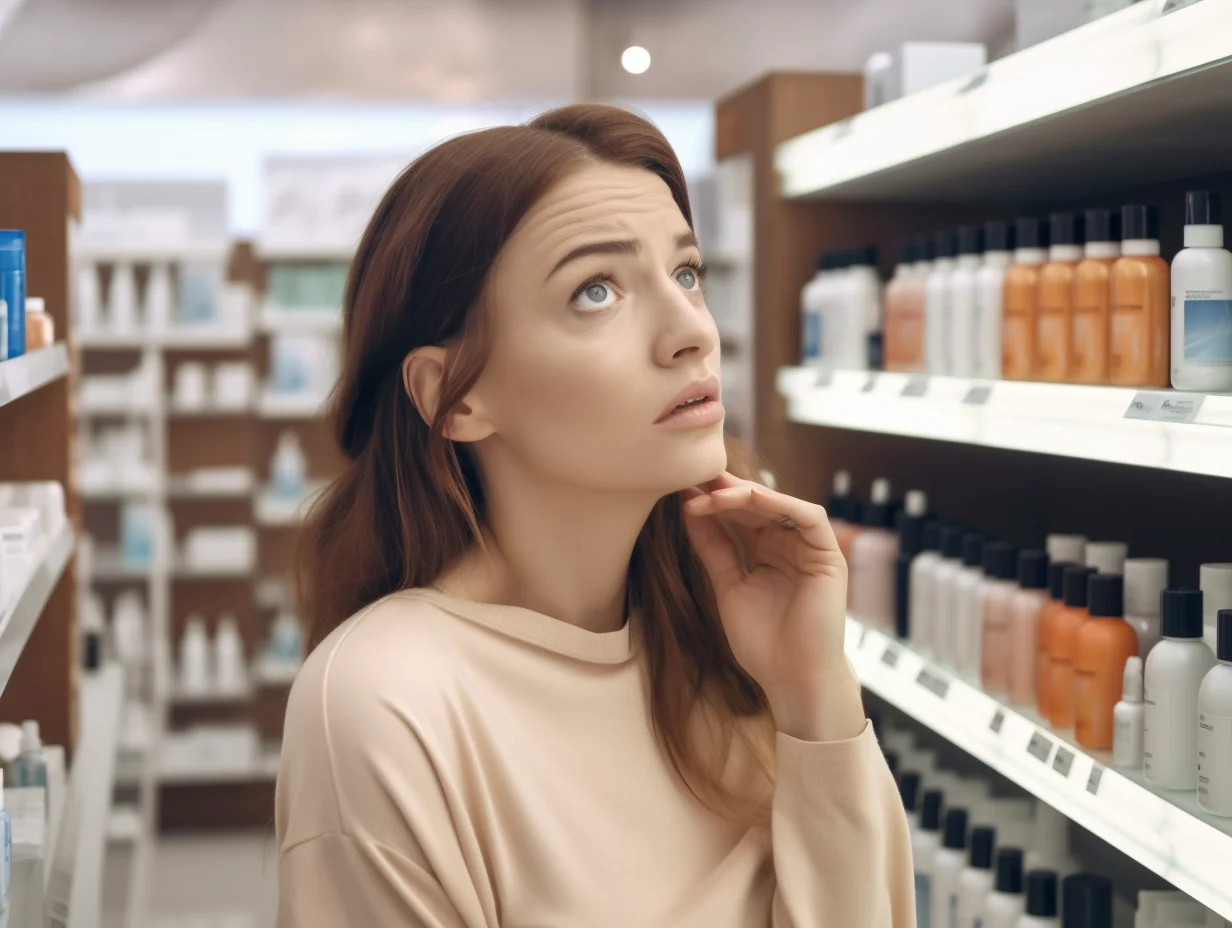Over recent years, there has been a growing section of the skincare and cosmetics consumer base that has been raising concerns about parabens. From claims that parabens are linked to certain types of cancer and other serious illnesses, people have been getting ever warier about this subtle ingredient that is found in most skincare products.
So what is the truth? Do these concerns have merit or are they misinformed? To get to the bottom of this we must first identify what parabens are, their purpose in cosmetics, how widely they’re used, and what the scientific experts say about them.
What are Parabens?
Parabens are a class of synthetic chemicals commonly used as preservatives in skincare and cosmetic products. They are added to these products to extend their shelf life by preventing the growth of bacteria, mold, and yeast. Parabens are derived from para-hydroxybenzoic acid (PHBA), which occurs naturally in some fruits and vegetables.
Parabens are usually found in a variety of skincare products such as creams, lotions, cleansers, sunscreen, and makeup. Some common parabens include methylparaben, ethylparaben, propylparaben, and butylparaben. These compounds are usually listed in the ingredients section on product labels.
The controversy around Parabens
In recent years, there has been growing concern about the potential health risks associated with parabens. Some studies have suggested that parabens may have weak estrogenic activity, which means they can mimic the hormone estrogen in the body and potentially disrupt the endocrine system. This has raised concerns about potential links to hormonal imbalances, reproductive issues, and even certain types of cancer.
As a result, some consumers prefer to use paraben-free skincare products, and many companies have started to develop and market such products in response to these concerns. However, it is important to note that the scientific consensus on the safety of parabens remains inconclusive, and regulatory bodies such as the U.S. Food and Drug Administration (FDA) and the European Commission continue to consider them safe for use in cosmetics within certain concentration limits.
Are parabens bad for your skin?
The safety of parabens in skincare products has been a topic of debate and research in recent years. In general, parabens have been considered safe for use as preservatives in cosmetics and skincare products, as long as they are used within the recommended concentration limits.
For most people, using skincare products containing parabens is unlikely to cause any harm. However, if you have sensitive skin, a history of allergies or irritation to cosmetic ingredients, or are simply concerned about the potential risks associated with parabens, you may choose to opt for paraben-free skincare products.
There is still ongoing research into the safety of parabens, and the scientific consensus remains inconclusive. As a consumer, it is essential to stay informed about the latest research and make choices based on your individual needs and preferences. If you have concerns about using products containing parabens, consult with a dermatologist or skincare specialist for personalized advice.
It’s also worth noting that parabens are not only used in cosmetics and skincare products, but also in a wide range of other consumer products such as pharmaceuticals, food and beverages, and industrial products. Parabens have been used as preservatives in these other products for many decades without any significant safety concerns.
What do the experts say about paraben usage in cosmetics?
The use of parabens as preservatives in cosmetics and personal care products has been a subject of debate among experts. Some experts argue that the low concentration of parabens in these products presents a minimal risk, emphasizing their long history of safe use.
However, others highlight potential health concerns associated with paraben exposure, such as hormone disruption, which could contribute to the development of certain hormone-related conditions.
Although evidence is not yet conclusive, these experts advocate for safer alternatives to parabens, especially for individuals with sensitive skin or allergies who may be more prone to irritation or allergic reactions.
How to identify parabens within a skincare product
To identify parabens in a skincare product, you should carefully examine the product’s ingredients list, which is typically found on the packaging or label. Parabens are usually listed by their specific chemical names. Here are some common parabens to look for:
- Methylparaben
- Ethylparaben
- Propylparaben
- Butylparaben
- Isobutylparaben
- Isopropylparaben
- Benzylparaben
Keep in mind that these names may sometimes appear with slight variations or with prefixes like “hydroxy” or “methoxy.” For example, “hydroxyethylparaben” or “methoxypropylparaben” would also be parabens.
If you are unsure about a specific ingredient or want to avoid parabens altogether, look for products that explicitly state they are “paraben-free” on their packaging or in their marketing materials.
In summary
The use of parabens in skincare and cosmetic products remains a topic of debate and research, with some experts emphasizing their minimal risk due to low concentrations, while others highlight potential health concerns related to hormone disruption.
Although scientific consensus is inconclusive, individuals with sensitive skin, allergies, or concerns about paraben exposure can opt for paraben-free alternatives.
Consumers need to stay informed about the latest research, consult with dermatologists or skincare specialists, and make choices based on their individual needs and preferences.
To identify parabens in skincare products, carefully examine the ingredients list and look for common paraben names with the INCI list, or choose products explicitly labeled as “paraben-free.”

